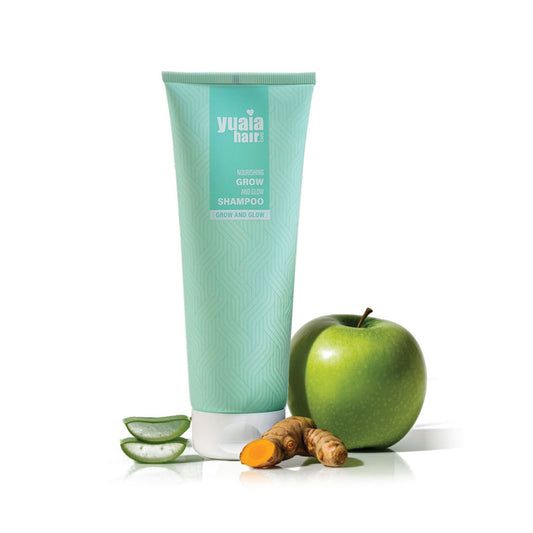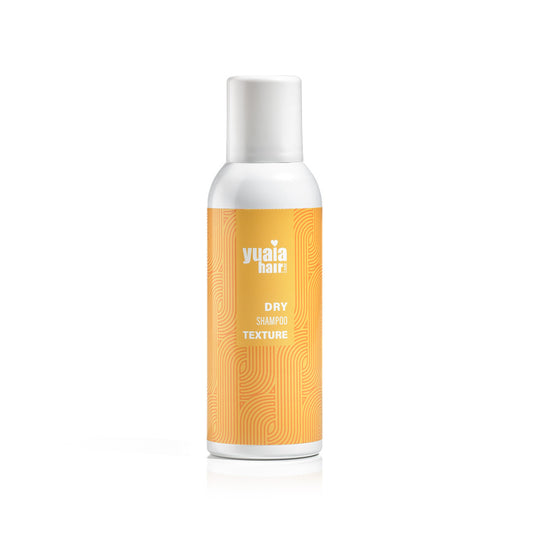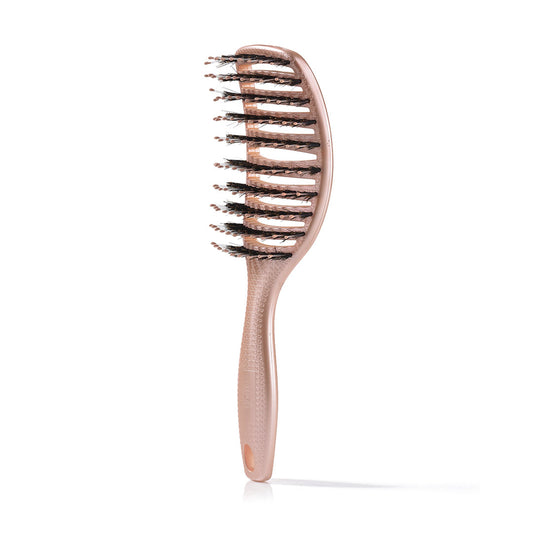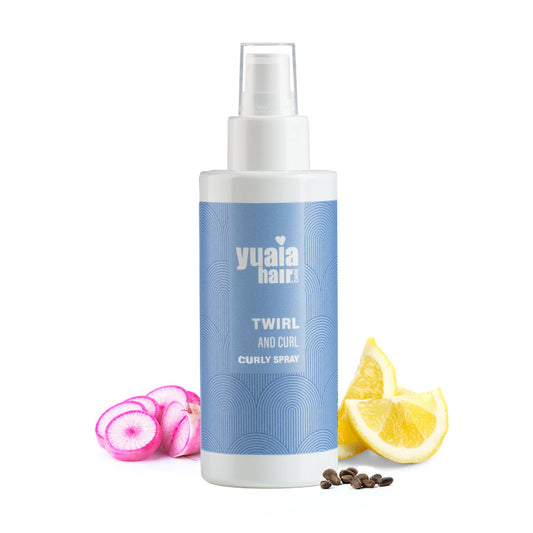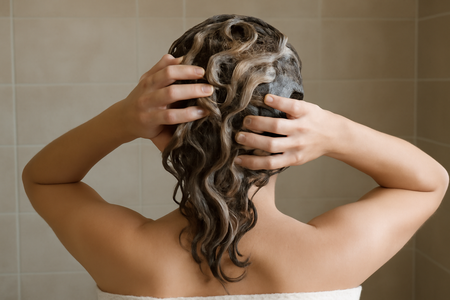
How lifestyle impacts your hair washing routine
Our daily activities and environment significantly influence how often we should wash our hair. For those with an active lifestyle, sweat and physical exertion can lead to a more frequent need for washing. However, it's important to note that daily washing isn't always necessary. Instead, consider your personal comfort and hygiene preferences. If you feel the need to refresh your hair without a full wash, using a heat protectant spray before styling can help maintain hair health while minimizing damage from heat tools.
Environmental factors
Weather conditions and pollution levels also play a role in determining wash frequency. In humid climates, hair may become oily faster, prompting more frequent washes. Conversely, in dry or cold environments, hair may benefit from less frequent washing to preserve moisture. Pollution can lead to buildup on the scalp, so adjusting your routine based on your surroundings can help maintain a clean and healthy scalp.
Balancing scalp health with washing frequency
Maintaining a healthy scalp is just as important as caring for the hair itself. Conditions such as dandruff or sensitivity may require a more personalized approach to washing. For example, a scalp prone to dandruff might benefit from more frequent cleansing to remove flakes and reduce irritation. Conversely, a sensitive scalp may require gentler, less frequent washes.
It's crucial to listen to your scalp's needs. If you experience irritation or excessive dryness, consider adjusting your routine and incorporating soothing products. A healthy diet supports hair health, but using products specifically designed for your scalp condition can make a significant difference.
Practical tips for managing scalp conditions
- For dandruff: Use a gentle shampoo and massage the scalp to remove flakes.
- For sensitivity: Opt for sulfate-free shampoos and avoid overly hot water.
- For dryness: Incorporate hydrating treatments and space out washes.
Adapting your hair care routine to your lifestyle and scalp condition is key to achieving optimal hair health. By understanding these factors, you can tailor your washing schedule to meet your specific needs, ensuring your hair remains vibrant and your scalp comfortable.
```html
Tips for adjusting your hair wash routine
Experimenting with different wash frequencies and observing your hair's response is key to finding the perfect routine. For those with oily hair, using a sulfate-free shampoo can help manage oiliness without stripping the hair of essential moisture. On the other hand, incorporating dry shampoo on non-wash days can help maintain a fresh appearance without over-washing.
Brushing and its role in hair care
Regular brushing is an essential part of hair care, as it helps distribute natural oils from the scalp throughout the hair, promoting a healthy shine. For those looking to maintain their hair between washes, using a Curvy Brush with boar bristles can be particularly beneficial. This type of brush is gentle on the hair and effective at smoothing out tangles and distributing oils.
Frequently asked questions
What happens if you wash your hair too often?
Washing your hair too frequently can strip it of its natural oils, leading to dryness and potential damage. This can result in brittle hair that is more prone to breakage and split ends.
What if you wash your hair too little?
Washing your hair too infrequently can lead to oil buildup, scalp irritation, and an overall lackluster appearance. It can also result in clogged pores on the scalp, which may hinder healthy hair growth.
How can I extend time between washes?
To extend the time between washes, consider using dry shampoo to absorb excess oil and maintain a fresh look. Protective hairstyles, such as braids or buns, can also help keep hair manageable and reduce the need for frequent washing.
``` Dostawa 2-5 dni
Dostawa 2-5 dni
 Ponad 100 000 zadowolonych klientów
Ponad 100 000 zadowolonych klientów
 Gwarancja satysfakcji
Gwarancja satysfakcji








